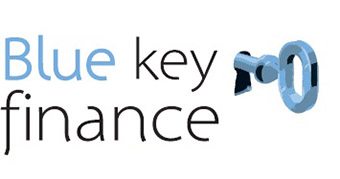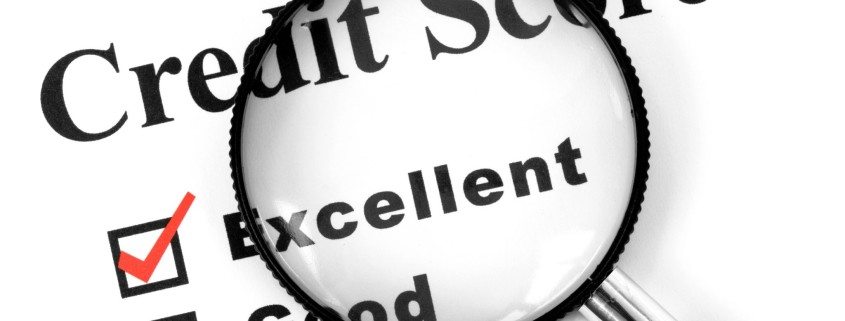What is a credit score?
What is a ‘Credit Score’?
Your credit score is a determination of your eligibility to borrow money from a bank or lending institution. The assessment of your credit score is usually performed by a credit agency when you are looking to arrange credit—whether it be a personal loan, credit card or mortgage. These credit agencies may complete a credit report that uses your past two years of repayment history on various forms of credit to determine your credit score or credit rating. Lenders then use this report to assess risk when they are considering your loan application.
What is included in my credit report?
Understanding your credit report and what it contains, can help you make more informed decisions regarding your finances and applying for credit. A credit report will include personal information about you such as your full name, date of birth, driver’s license number, gender and residential history, plus important employer information. It will also include details about your credit history—and this is a major factor in determining your credit score. The report will cover off your financial behaviour, including any credit applications that you may have made already, major payment defaults on loans, and other factors like bankruptcy. The report will also feature your repayment history and minor credit infringements on your bills—like rent, telecommunication accounts, energy and water bills, credit card payments and so on. The information the reporting agency can access about you will also include the amount of credit accounts you have open, the date the accounts were opened and closed and your repayment performance on each account as far back as December 2012.
Does this affect your chances of getting a mortgage?
Lenders use your credit score or credit rating as an important tool in their decision making process when it comes to approving loans—whether they are personal loans, mortgages, credit cards or asset financing. A low credit score could mean that you are eligible for a loan with a slightly higher interest rate.
What if you have no credit score or a low credit score?
People who have only recently migrated to Australia may not have a credit score because they have not yet had time to establish a credit or repayment history. Other people who often have difficulty with a low credit score are young people just starting off. If you have a low credit score, you can raise your score over time with the right behavior. Always pay your bills on time or before the due date. You can organise to pay bills by automatic payment to make sure you’re never late. Other things you can do to improve your credit score include:
- Paying down existing debts
- Keep unused bank accounts open
- Open several types of credit lines and make sure you don’t default on payments
How do I know what’s on my credit report?
If you want to make sure you have a good credit score on your credit report, it pays to monitor your official credit report regularly. You can receive a copy for free once every year, from Australia’s major reporting agencies—we suggest you ask a reputable company like Veda or Dun & Bradstreet. Visit www.mycreditfile.com.au Overall, accurate credit reporting is good for Australian consumers, so you shouldn’t be nervous about your credit report. If you keep up to date with your bills and payments, your credit report will work in your favour. Remember, we’re here to help you get the best deal on your mortgage and other financing requirements, so if you need more information about your credit report or credit score, don’t hesitate to give us a call.
If you haven’t already, click here to download our FREE E-Book on “First home buyers” or email us instead and we’ll send it to you within 24 hours.



Leave a Reply
Want to join the discussion?Feel free to contribute!